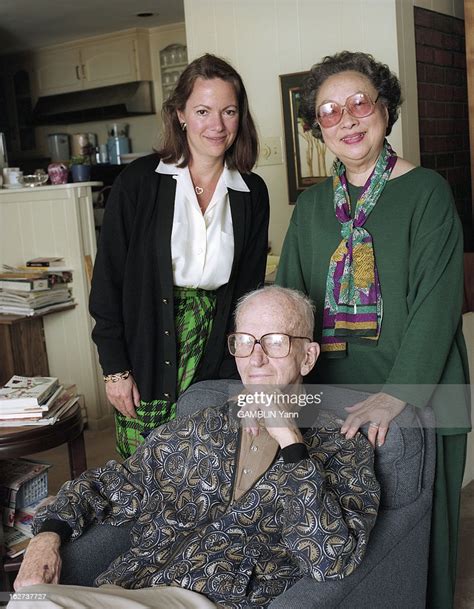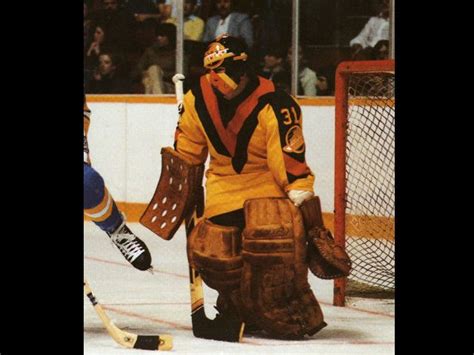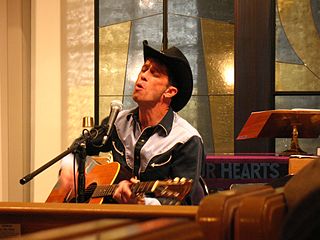A Quote by Travis Bradberry
Offbeat questions are nearly impossible to prepare for, and they don't achieve the interviewer's objective - to test out-of-the-box thinking and the ability to perform under pressure. That's the bad news. The good news is that companies are moving away from them.
Related Quotes
For a long period of time, the media covered rap music and hip hop the same way they cover a lot of black people, people of color, you know, the bad news happens to be news. They used to have these little stupid colloquialisms that pop up like, "You know what? No news is bad news!" They trick the masses into thinking that any news is great for you. And I just think that's a piece of crap.
I'm confused about who the news belongs to. I always have it in my head that if your name's in the news, then the news should be paying you. Because it's your news and they're taking it and selling it as their product. ...If people didn't give the news their news, and if everybody kept their news to themselves, the news wouldn't have any news.


































